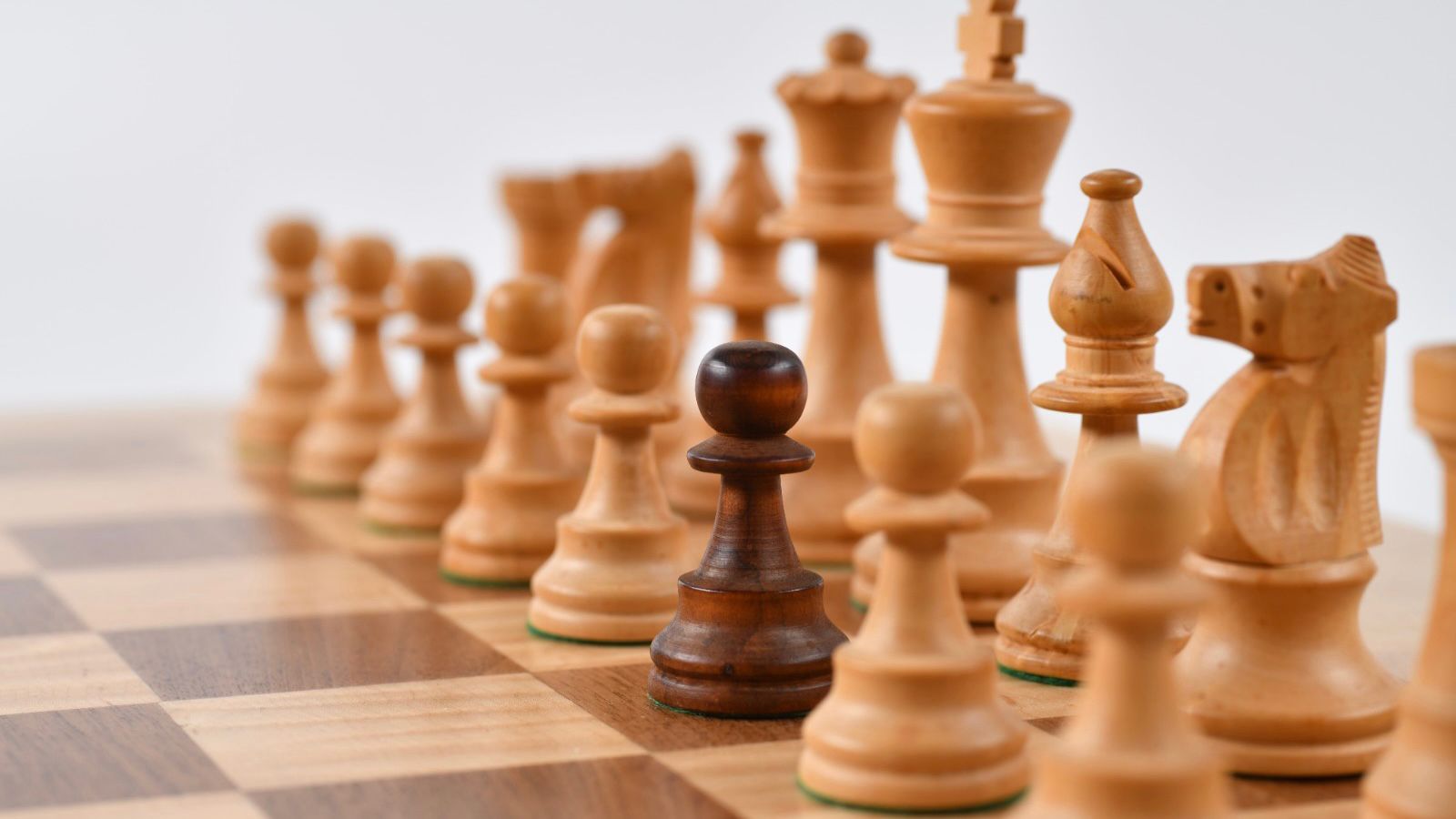
Mastering Chess: 10 Tips to Enhance Your Skills
Chess is a game of strategy and intellect that has captivated minds for centuries. Whether you’re a novice or an experienced player, there’s always room to improve your skills and take your game to the next level. In this article, we will explore ten valuable tips that can help you enhance your chess abilities, sharpen your strategic thinking, and elevate your overall gameplay.

Tip #1: Study Classic Chess Games
One of the most effective ways to improve your chess skills is to study classic games played by renowned chess grandmasters. By examining their moves, strategies, and thought processes, you can gain invaluable insights into various openings, middlegame tactics, and endgame techniques. Analyzing these games helps expand your understanding of the game and enhances your ability to make informed decisions during play.
Tip #2: Solve Chess Puzzles
Chess puzzles are an excellent training tool to enhance your tactical abilities. Puzzles challenge you to find the best move or combination of moves in a given position. Regularly solving puzzles sharpens your pattern recognition, calculation skills, and helps you spot tactical opportunities in your games. Many websites and books offer a wide range of puzzles suitable for players of all levels.
Tip #3: Play Regularly and Analyze Your Games
Consistent practice is key to improving your chess skills. Engage in regular gameplay, whether it’s over-the-board or online. After each game, take the time to analyze it thoroughly. Identify your mistakes, missed opportunities, and areas where you can improve. Use a chess engine or seek the guidance of a stronger player to gain deeper insights into your games. This process of self-analysis and reflection will aid in developing your strategic thinking and decision-making abilities.
Tip #4: Learn and Master Basic Endgame Techniques
Endgames often determine the outcome of a chess game. It is crucial to learn and master basic endgame techniques such as pawn promotion, king and pawn endgames, and basic checkmating patterns. Understanding these fundamental concepts will give you a significant advantage when transitioning into the endgame phase and increase your chances of converting winning positions.
Tip #5: Develop a Repertoire of Openings
A well-rounded chess player should have a repertoire of openings that they are comfortable playing. Study different openings, understand their strategic ideas, and select those that suit your playing style. By focusing on a limited number of openings, you can gain a deeper understanding of their typical middlegame structures, plans, and tactics. This knowledge will help you make better decisions and feel more confident in the early stages of the game.
Tip #6: Work on Improving Your Calculation Skills
Chess requires precise calculation, especially when evaluating complex tactical positions or considering long-term strategic plans. Regularly exercising your calculation skills through tactics training and solving complex positions will significantly enhance your ability to evaluate positions accurately and foresee potential outcomes.
Tip #7: Play against Stronger Opponents
Challenging yourself by playing against stronger opponents is an excellent way to accelerate your chess improvement. By facing tougher competition, you will be exposed to different playing styles, strategies, and ideas. Analyzing your games against stronger opponents will help you identify weaknesses in your play and discover new concepts that can be incorporated into your own game.
Tip #8: Join a Chess Club or Community
Joining a local chess club or an online chess community provides opportunities to play against a diverse range of opponents. It allows you to engage in discussions, learn from more experienced players, and participate in tournaments or practice matches. The collective knowledge and support of a chess community can be invaluable in your quest to improve your skills.
Tip #9: Read Chess Books and Study Materials
Chess literature offers a wealth of knowledge and insights from renowned chess authors and grandmasters. Invest time in reading books on various aspects of the game, such as strategy, tactics, endgames, and famous chess matches. Studying the works of chess experts will deepen your understanding of different chess concepts and provide you with new ideas to incorporate into your game.
Tip #10: Maintain a Positive Attitude and Enjoy the Process
Chess improvement is a journey that requires dedication, patience, and a positive mindset. Embrace the challenges and setbacks as opportunities to learn and grow. Celebrate your successes, no matter how small, and find joy in the process of discovering new ideas and improving your skills. By maintaining a positive attitude, you will cultivate a love for the game and continue to progress as a chess player.
In conclusion, enhancing your chess skills is a continuous endeavor that involves a combination of study, practice, analysis, and maintaining the right mindset. By following these ten tips, you can lay a solid foundation for improvement and embark on a rewarding journey to becoming a stronger chess player. Embrace the strategic depth of the game, challenge yourself, and remember to enjoy the process every step of the way.











